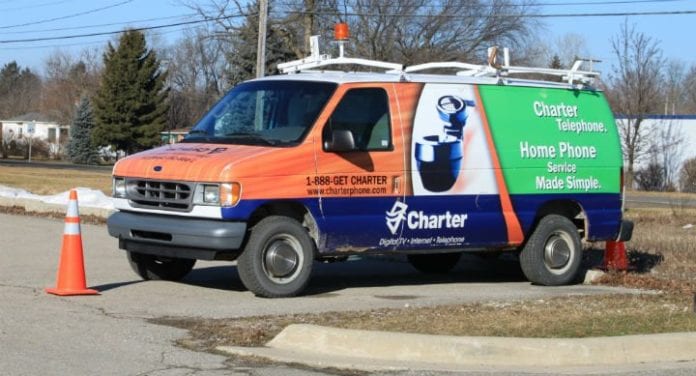The cable television industry is re-entering the wireless space. First it was Comcast Xfinity Mobile starting its rollout. Now, Charter Spectrum has announced they will also become a wireless provider in 2018. Charter says it will work with Comcast to think through new ways for the cable TV world to be successful at wireless this time around. Both will be MVNO players through Verizon Wireless.
Will they be successful this time? Your guess is as good as mine at this early stage, but I hope so. I am very happy to see both of them jumping back into the mobile space. However, if you recall, wireless is a tough nut to crack. And things are different today compared to their last attempt years ago.
Wireless is always changing as a service, employer, investment and industry. It has been with us for decades and continues to grow and advance from analog, to digital, to 2G, 3G and 4G, which is where we are today. Next, we are preparing for 5G which will let us send so much more data and at faster speeds. This is perfect for sending television over the wireless network
5G wireless is a changing industry
Handsets have changed as well. The last 10 years has been all about the Apple iPhone and Google Android. Before then handset leaders were Nokia and Blackberry. A decade before that Motorola was number one. Today, these three struggle for attention. So, in wireless things change regularly and rapidly.
That was when Comcast, Time Warner Cable, Charter, Cox and other cable television companies first got into wireless. At that point, they failed for several reasons. One was because the industry was suddenly shifting from handsets to smartphones like iPhone and Android, and the cable TV players were stuck in the past with regular handsets.
Another reason is the way the cable TV players offered wireless was not what the marketplace wanted. Customers didn’t just want a wireless add-on. They wanted a full, fledged wireless device and service. In fact, there were many who tried and failed at wireless like Amazon Fire Phone and Facebook.
AT&T DirecTV created new wireless TV revolution
After just a few short months the cable television industry decided wireless was not their cup of tea. They sold their wireless spectrum to Verizon Wireless and said goodbye. Then a funny thing happened. Things started to change in the last few years.
AT&T acquired DirecTV and created wireless TV or mobile TV. Customers love getting live television over their smartphones or tablets over the wireless network. That way they could watch TV anywhere in the United States. This is a game changer. This single incident was the catalyst for every other competitor to re-think the TV space.
Comcast, Charter and Verizon must go mobile TV
That’s one reason Comcast Xfinity and Charter Spectrum decided they needed to get back into wireless. Sure, they let customers download movies and shows to their devices, but users were now wanting to watch live TV on the go.
In fact, Verizon and Verizon Wireless are also thinking about getting into the television space following AT&T’s lead. So, because of this new DirecTV, wireless TV innovation, suddenly the focus is on television going forward, but it’s a much different television going forward. Everyone has to get up to speed.
If Comcast, Charter, Verizon and others don’t successfully follow AT&T into this new space, their future growth potential may be stunted. That’s the reason for the sudden move into wireless TV or mobile TV.
Will Charter be successful in wireless?
The next question is, how successful will Charter be at offering wireless TV? Only time will tell. Today, the marketplace would welcome more competition. So, the potential is real. The question then boils down to this. Will the cable television companies have a compelling offer to attract the user?
Wireless is still a unique business. Companies like AT&T Mobility, Verizon Wireless, Sprint and T-Mobile are still the leaders in the space. Google Project Fi has entered as an MVNO reselling Sprint and T-Mobile, but they are not really rocking the boat. Using this same MVNO model, I have said many times over the last several years we can expect many more companies in different industries to give wireless another try.
Perhaps we will see Amazon, Facebook and others give wireless another try. After all, that is what we are seeing from Charter and Comcast. So, you never know. That’s the exciting part of the story.
Any way you slice it, wireless is continuing to grow and to change. There are incredible opportunities going forward in the mobile space. It will be interesting to watch Comcast and Charter re-enter the space. We’ll just have to wait a while to see whether their new wireless play is a success or not.
So, congratulations to Charter on preparing to enter the wireless space. I hope you can crack the code and be more successful this time than the cable industry was years ago. Here’s hoping for the best.

